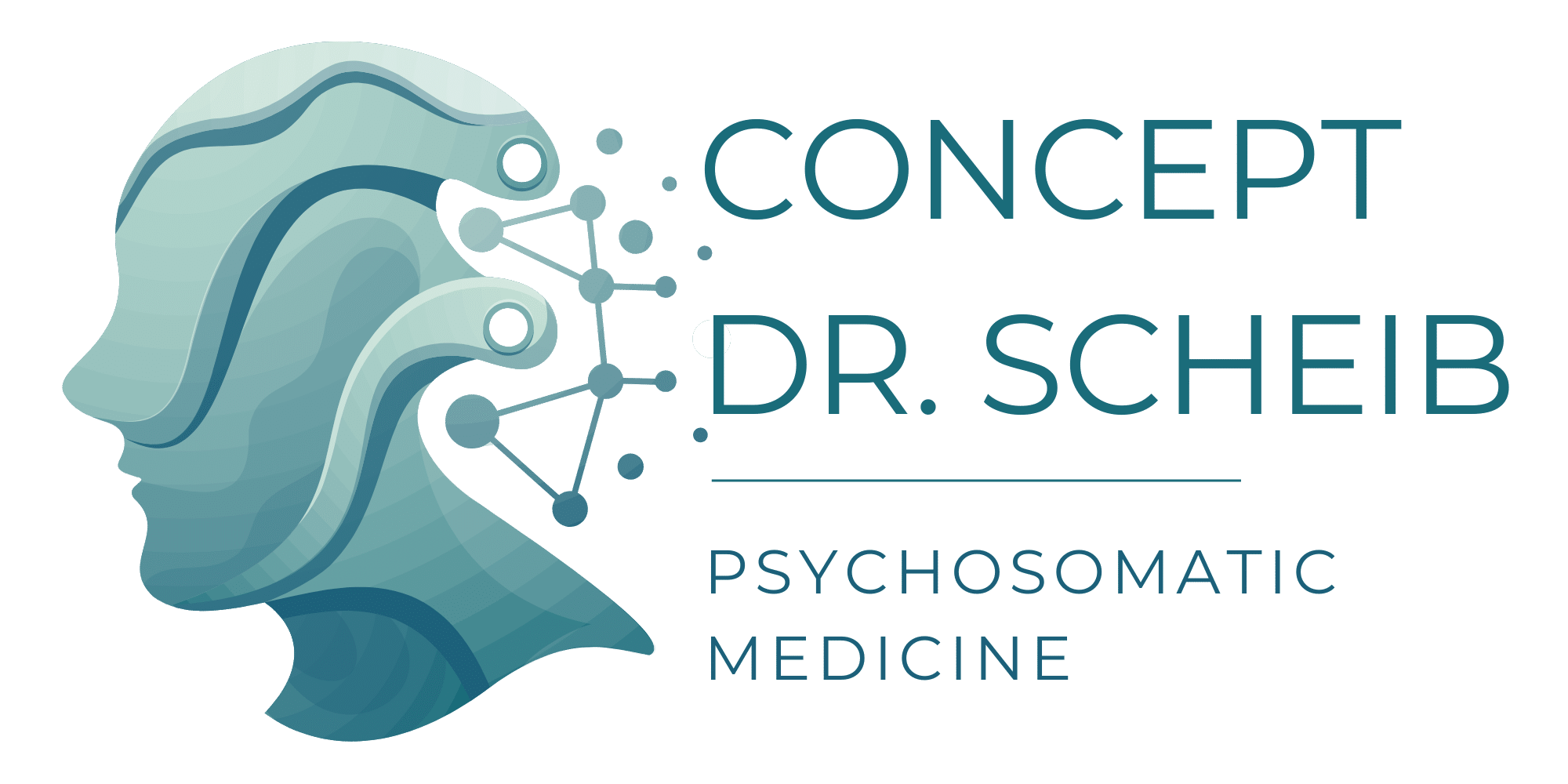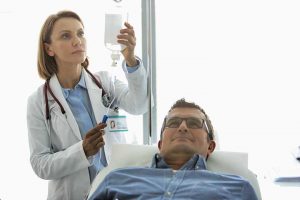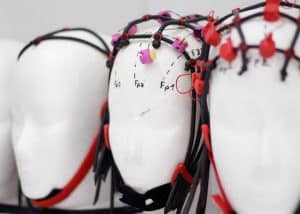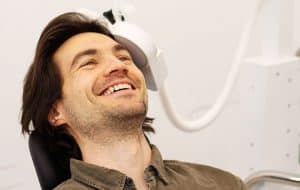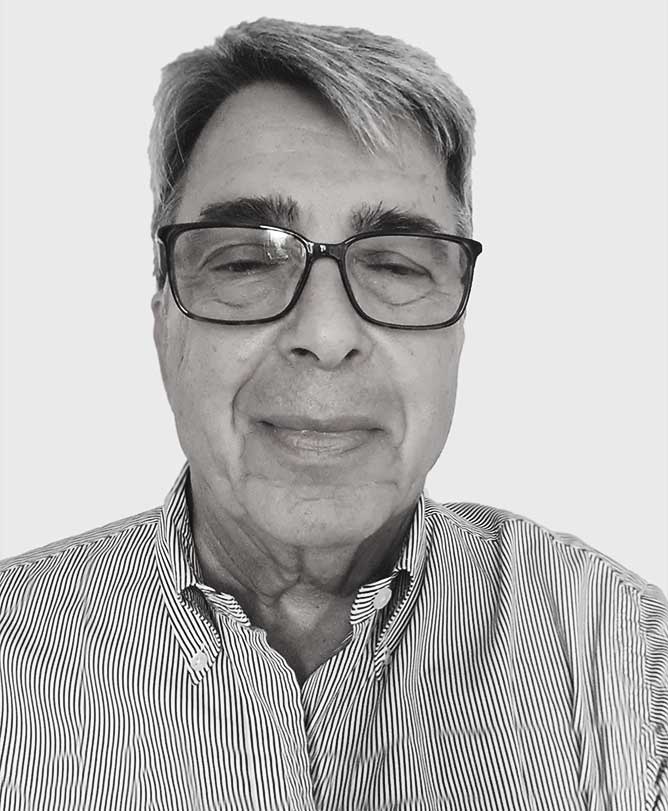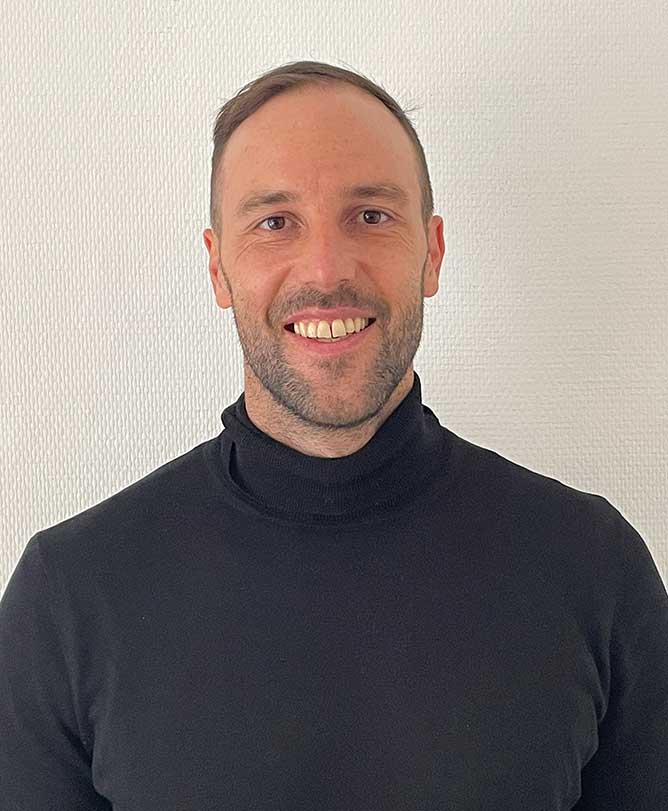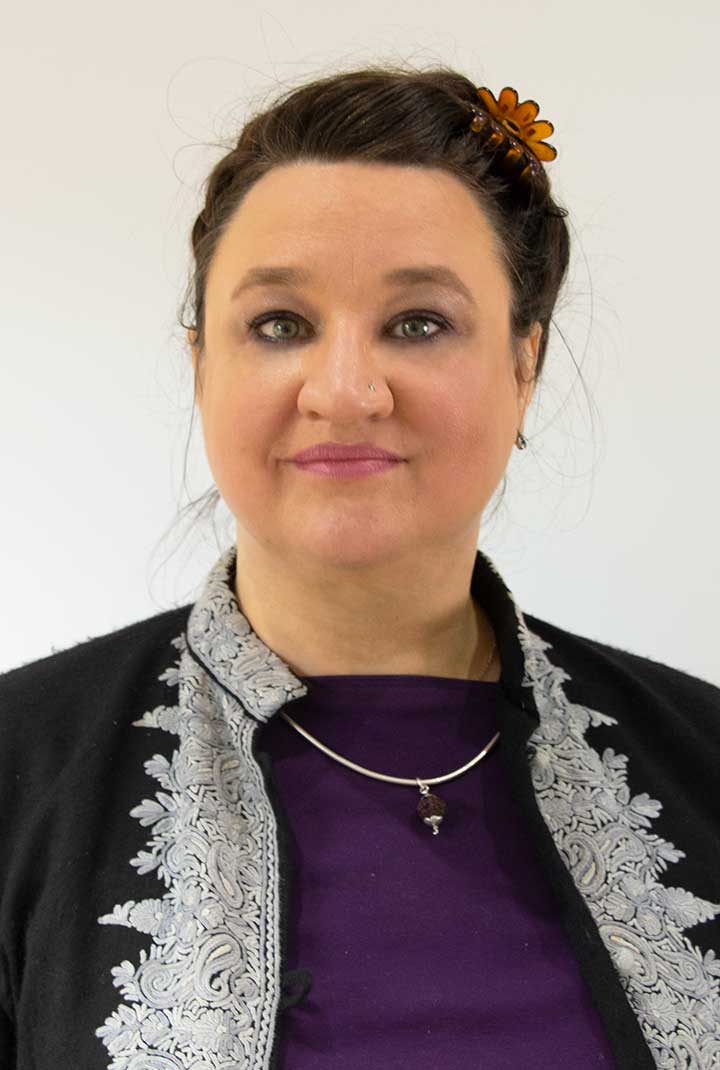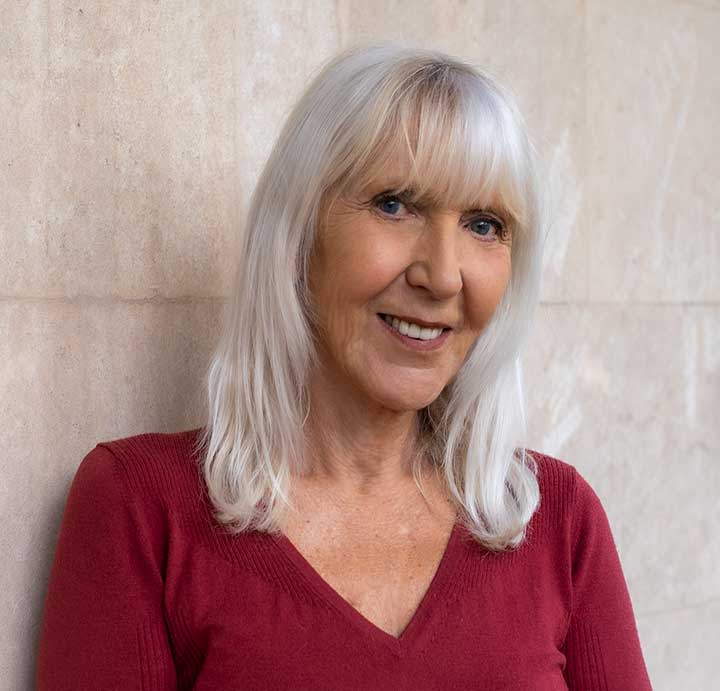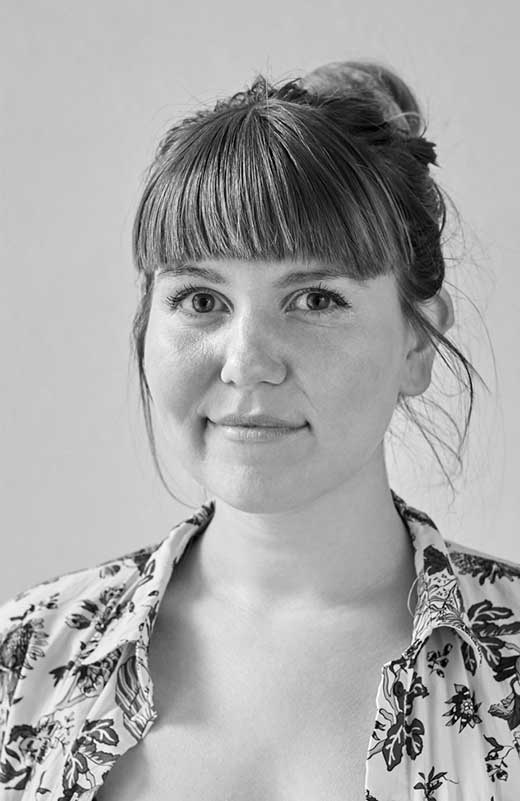Post-traumatic stress disorder (PTSD)
Post-traumatic stress disorder – treatment with ketamine, EMDR, biofeedback and rTMS
Post-traumatic stress disorder or Post-traumatic stress syndrome and trauma we treat with our combined ketamine therapy. The Instituto Dr. Scheib in Mallorca, after whose model the private practices of Dr. Scheib carry out treatments, is one of the pioneers in Europe in this type of treatment for Post-traumatic stress disorder (PTSD / PSTD).
What is Post-traumatic stress disorder?
Post-traumatic stress disorder (PTSD) occurs when a person is exposed to a situation that is more threatening than normal and is unable to act upon it. In the same way, PTSD can also develop when one has to watch helplessly as terrible things happen to other people. Typical situations are accidents, rape, assaults, but also traumatizing experiences during or after operations and in the intensive care unit in hospitals.

It is assumed that in Central Europe almost 10 percent of all people develop such a post-traumatic stress syndrome during their lifetime. Soldiers, firefighters, rescue service personnel, emergency doctors and train drivers are particularly affected. But it can affect anyone. It is particularly bad when people are repeatedly traumatized in a short time, for example during torture.
What are the effects of Post-traumatic stress syndrome?
The triggering event is usually followed by sleep disturbances and nightmares. The vegetative state of arousal is increased, anxiety and depression may develop. Many of those affected try to combat the symptoms of post-traumatic stress syndrome with alcohol or other addictive substances. This often leads to conflicts in partnerships and friendships. The traumatized people become lonely and increasingly suicidal. Often, the trauma also causes chronic pain that is difficult to treat. Behind many a drug addiction or chronic pain syndrome really lies an untreated post-traumatic stress disorder.
Treatment of Post Traumatic Stress Disorder
PTSD can be treated quite well today. The core of treatment is trauma-specific psychotherapy, such as EMDR (Eye Movement Desensitization and Reprocessing). In this process, the patient learns to re-evaluate and store the trauma and the associated affects from an emotionally safe place. This is done using specific eye movements, as also happens in REM sleep, in which the experience is processed. EMDR is a method for the treatment of Post-traumatic stress syndrome that has been classified as effective and recommended by the WHO.
In addition to psychotherapy, ketamine infusion therapy has proven effective in the treatment of post-traumatic stress syndrome. The resulting improved neuroplasticity means that psychotherapy, including EMDR, has a faster and more lasting effect.
Video: Patient with PTSD and depression 1.5 years after the treatment with ketamine assisted psychotherapy
Sometimes ketamine therapy can be supplemented with hypnosis.
Repetitive transcranial magnetic stimulation has been shown in many studies to have a sustained effect on all symptoms of PTSD, but especially depressive symptoms.
The combination of neurofeedback and HRV biofeedback is also effective. In particular, the constantly elevated vegetative state of arousal and sleep disturbances can be improved.
The earlier the treatment of post-traumatic stress syndrome takes place, the faster and more efficient it is. After a detailed diagnosis, we put together an individual therapy concept for each patient, consisting of several of the modules mentioned above.
F.A.Q. Post Traumatic stress disorder
Frequently asked questions about the treatment of PTSD
- Sleep disturbances
- flashbacks
- chronic pain
- Depression
- anxiety disorders
For privately insured patients, treatment is usually covered – depending on the contract. For patients with statutory german health insurance, the decision is often made on a case-by-case basis. If a depression has already been treated several times without success, it is called therapy-resistant depression. In this case, the chances are good of the costs being covered or at least a contribution to the costs is approved.
We are currently the only center in Europe where ketamine therapy, rTMS and intensive psychotherapy are offered simultaneously.
Ketamine is also used in the drug scene – but in a much higher dosage and not as a continuous infusion, but as a single dose. At this dosage, the depth of the trance cannot be controlled. Continuous use of high doses can cause chronic bladder infections.
There is no potential for dependence at the dosage used to treat depression and other conditions.
Ketamine has been an approved drug since 1970. When used for the treatment of depression, compulsions, etc., it is a so-called “off label” treatment. These therapies are common and legal, but are not always covered by health insurance.
The triggering event is usually followed by sleep disturbances and nightmares. The vegetative state of arousal is increased, and anxiety and depression can develop. Many of those affected try to combat the symptoms of post-traumatic stress syndrome with alcohol or other addictive substances. This often leads to conflicts in partnerships and friendships. The traumatized people become lonely and increasingly suicidal. Often, the trauma also causes chronic pain that is difficult to treat. Behind many a drug addiction or chronic pain syndrome lies an untreated post-traumatic stress disorder.
Translated with www.DeepL.com/Translator (free version)
Book an appointment for a psychotherapeutic evaluation with one of our therapists:
